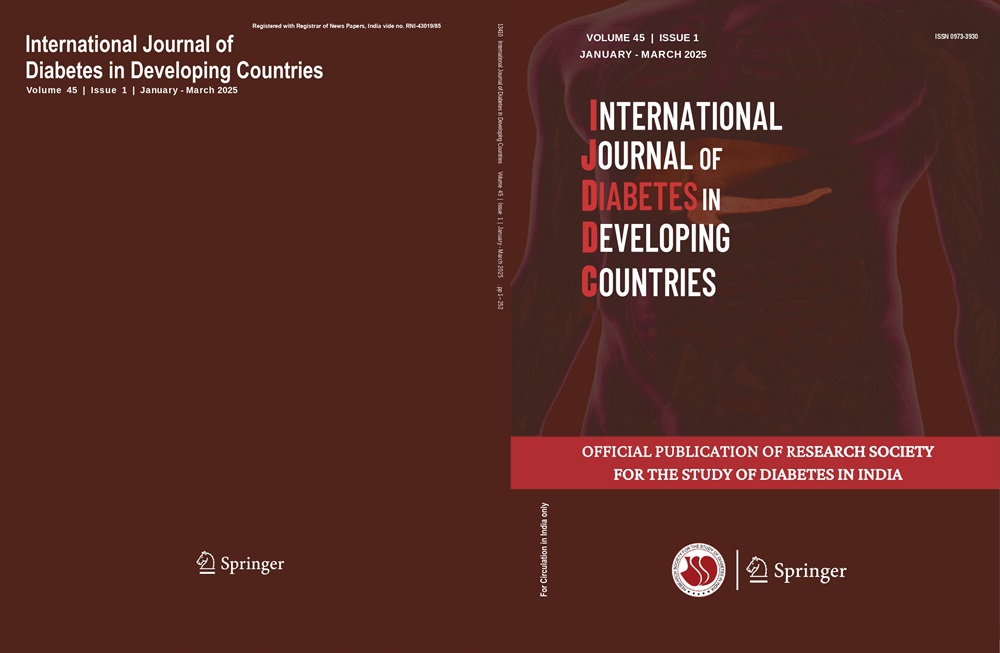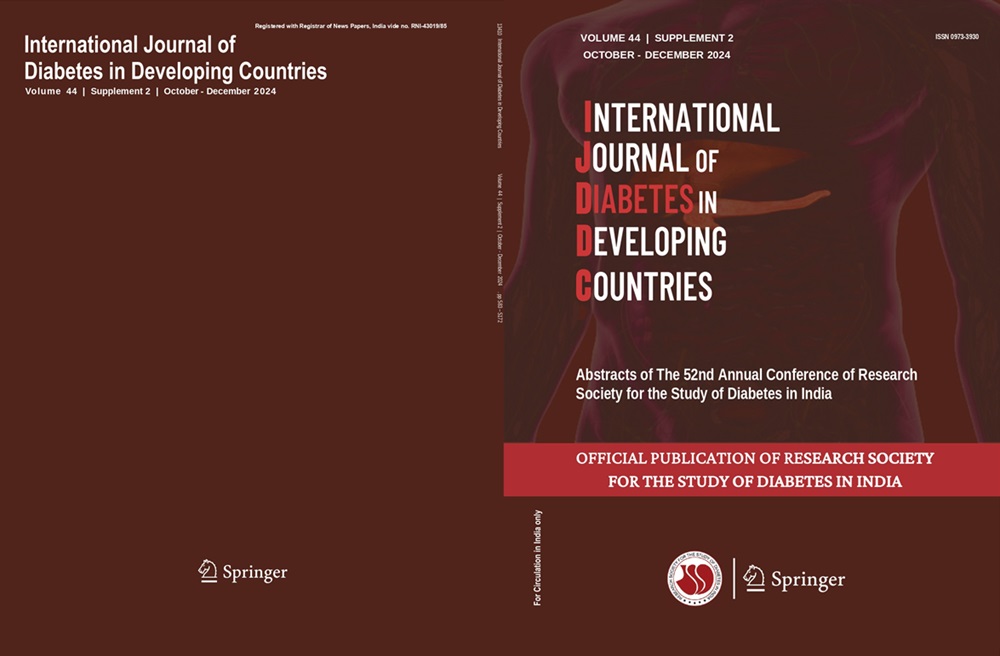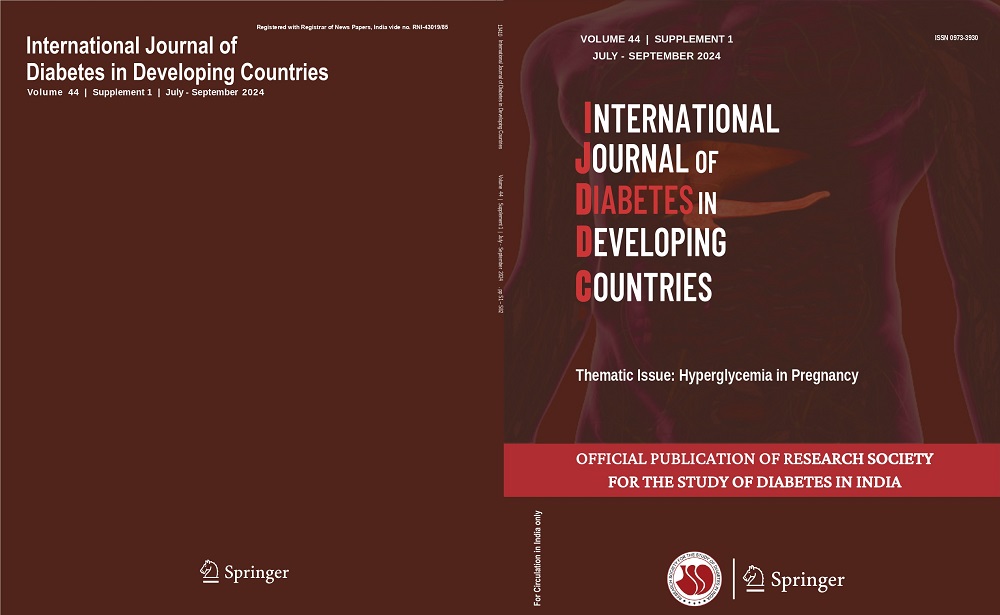Mojdeh Rahimi, Negar Dinarvand, Hajieh Shahbazian, Maryam Tahmasebi Birgani, Bahman Cheraghian, Narges Mohammadtaghvaei
Keywords
Metabolic syndrome • TCF7L2 • rs7903146 • RFLP
Abstract
Background The metabolic syndrome consists of a combination of metabolic abnormalities and genetic predisposition that both contribute significantly to its development. Numerous studies have established a strong association between single nucleotide polymorphisms (SNPs) of the rs7903146 variant in the TCF7L2 gene and the metabolic syndrome (MetS) as well as type 2 diabetes.
Objective The aim of this study was to assess the impact of rs7903146 on MetS and its components.
Methods For this cross-sectional study, 325 individuals aged 25 to 86 who were selected from the baseline data of the Ahvaz cohort study were examined. Body mass index, blood pressure, fasting blood glucose, total cholesterol (TC), high-density lipoprotein cholesterol (HDL-C), and triglycerides (TG) were measured following standard protocols. MetS subjects were identified based on the National Cholesterol Education Program guidelines. Genotyping was conducted using the PCR-RFLP method.
Results Our findings revealed that individuals with the CT genotype of rs7903146 had an increased risk of MetS (OR 2.24; 95% CI, 1.26–3.98; p < 0.006). This genotype was also found to be associated with a higher risk of hypertension and low HDL cholesterol (p < 0.05). Moreover, plasma triglyceride levels were slightly higher in individuals with TT and CT genotypes, although not significantly so (p = 0.06).
Conclusion In conclusion, the CT genotype of the TCF7L2 rs7903146 polymorphism exhibited higher odds for MetS. While lifestyle factors and other genes are also implicated in MetS, our findings suggest that studying TCF7L2 polymorphisms in high-risk groups could contribute to the development of genotype-specific prevention or treatment strategies. However, further research is required to validate these results.




